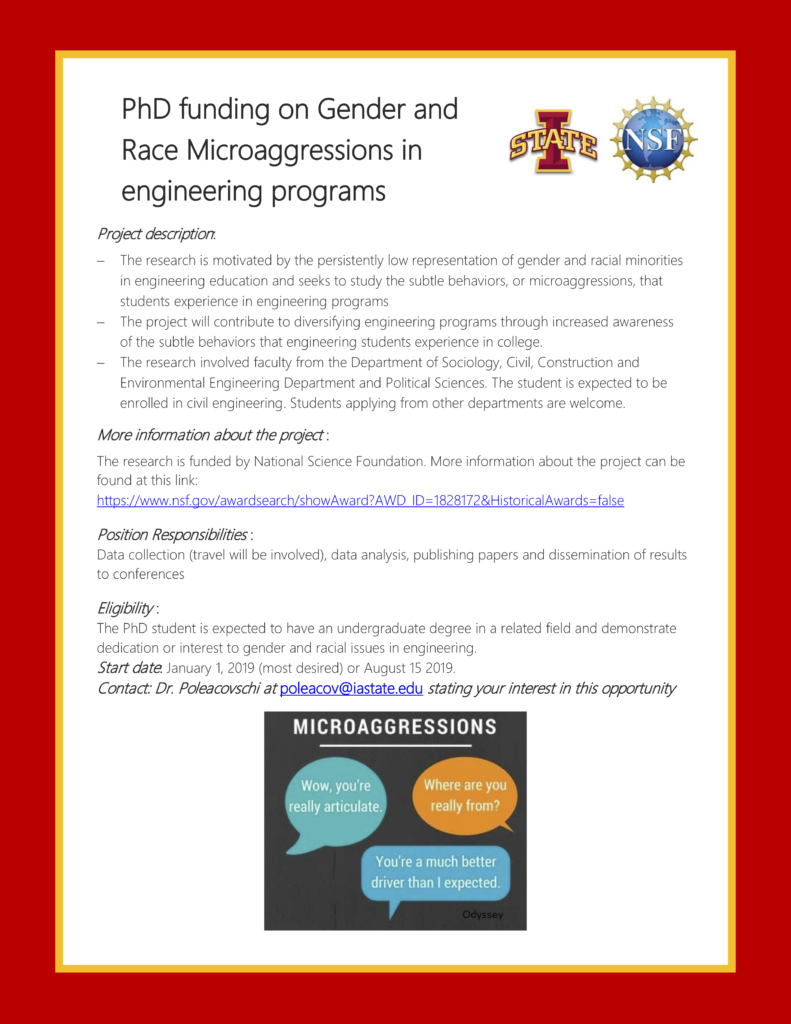English | Español
We are now full. If you would like to attend and have not yet had a notice of accepted abstract, you must contact Caroline Baillie (cbaillie@sandiego.edu) or Shehla Arif (shehla.arif@gmail.com) to see if there are any cancellations. If you have had an accepted abstract, you must register and pay as soon as possible to secure your accommodation on site – places cannot be guaranteed after we reach capacity.
Registration will close on May 31. https://goo.gl/forms/JQ8BcTrgPp3pA2if2
Engineering, Social Justice and Peace Conference (ESJP) 14
Sky Lake Camp & Retreat Center
501 William Law Rd. Windsor, NY 13865
June 13-15 June 2019 (ending midday to allow for travel)
Removing Borders Among Disciplines
The theme for this year’s conference is Removing Borders Among Disciplines. Engineering as a profession and academic field has existed largely in isolation from other disciplines. We invite authors to explore what author Gloria Anzaldúa defined as the nepantla – the liminal space, the in-between, and the borderlands from which novel insight and inspiration emerges. In our context, this means exploring the spaces and borders that have historically isolated engineering from outside socio-political critiques or academic traditions. Contributions from a broad range of topics and perspectives are welcomed, especially those which address the intersections of the engineering discipline with social justice, feminism, philosophy, epistemology, peace studies, critical theory, and ethics. Our goal is to foster an educational setting where unique insight and revolutionary change can emerge from our community.
ESJP 14, as with other conferences, will be an interdisciplinary academic gathering. We welcome participants from a broad range of backgrounds who would wish to address the conference theme – undergraduate or graduate students, faculty, staff, industry practitioners, educators, and activists inside or outside the academy. We are excited to hold space with all who share a commitment to justice and equity in engineering. ESJP’s list of core commitments can be found at this link.
Formats can include:
- Individual paper presentations (10 to 15-minute talk + discussion, 30-minute block)
- Panel discussions (up to 5 individuals, 60-minute block)
- Interactive workshops (60-minute block)
- Art, poetry, interactive sessions, zine making, short film, or other creative formats not listed – creative freedom is encouraged!
Proposals should include a title, names of presenters or contributors, proposed format, affiliation, and an abstract of 300 words or less. Deadline for submission is April 15th, 2019.
Please submit your proposal using this form.
This conference and its theme coincides with the recent CFP from the International Journal of Engineering, Social Justice and Peace. We encourage participants of the conference to consider submitting any resulting papers from the conference to the journal for review. More information about the journal’s CFP can be found at this link.
With our core commitment being to social justice we wish to support access to the conference for anyone who wishes to come and fits our aims and values, regardless of access. We welcome expressions of interest from those who face barriers in traveling to the conference. We will also have a sliding scale for the registration fee which will be based on ability to pay, and will be announced at a later date.
Please note: if you are planning to attend the ASEE annual conference, we have scheduled the conference so that attendees can go to both, especially those visiting from overseas. ESJP finishes at lunchtime and there are many short direct flights to Tampa from Newark airport just over two hours drive away.
A running list of notes for ESJP 14:
- The conference runs from Thursday June 13th noon to Saturday June 15th 1pm and includes two nights shared accommodation on site (Thursday and Friday). It includes a visit to the ‘Forest Exploratorium’ in Hankins NY on Saturday morning where you will experience forest pedagogy in action and a discussion on local rural knowledge and STEM and their connection to social justice. (Note – The ESJP retreat on Engineering and Degrowth continues in Hankins at the same location until Sunday evening as a separate event).
- Transport to the conference centre is detailed here http://skylakecenter.org/camp-and-retreat-center/where-are-we
- Transport to Hankins from the conference site in Windsor, and on from Hankins will be by car and if you are traveling by public transport this can be arranged by car share – it is about one hour. We can connect you to those driving back to the conference centre in Windsor, or to another location. If you are going back to NYC you would travel to Monticello to the bus station there to catch a shortline bus to Port Authority.

